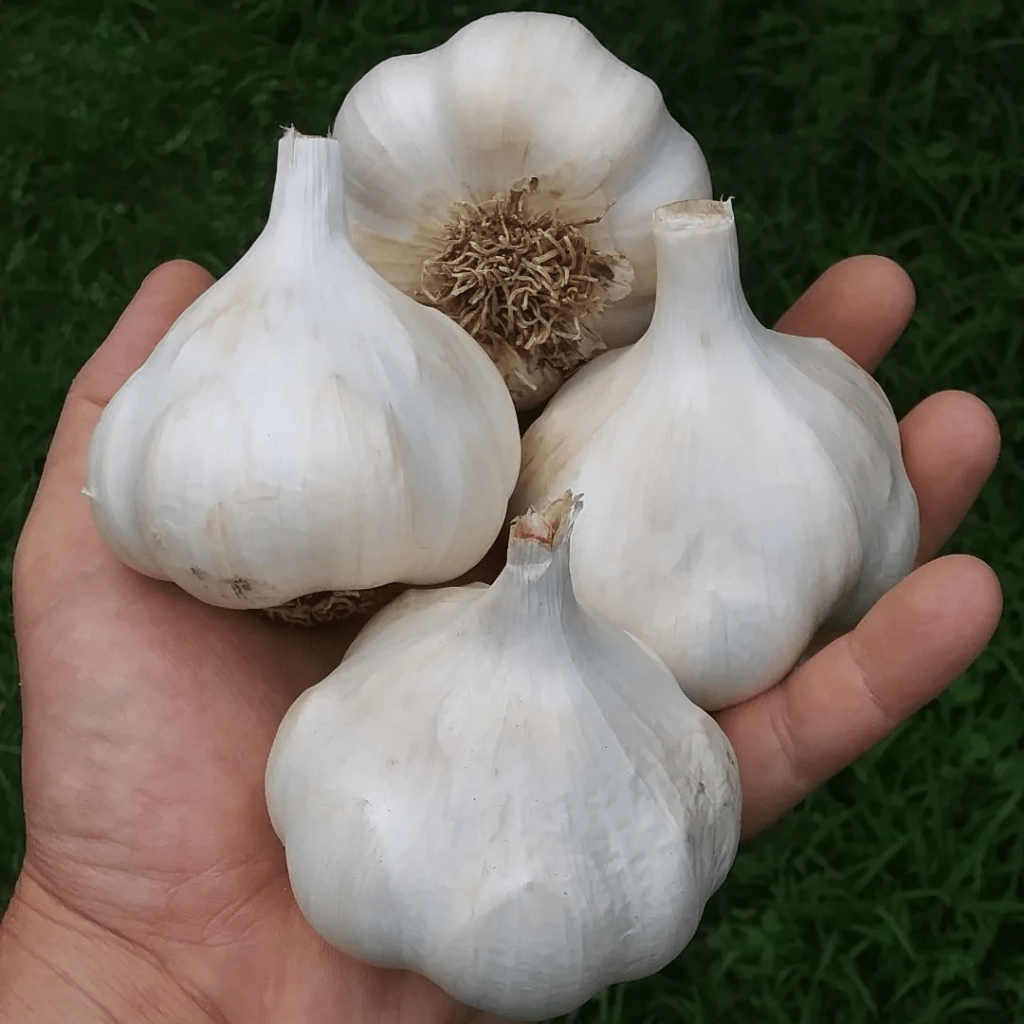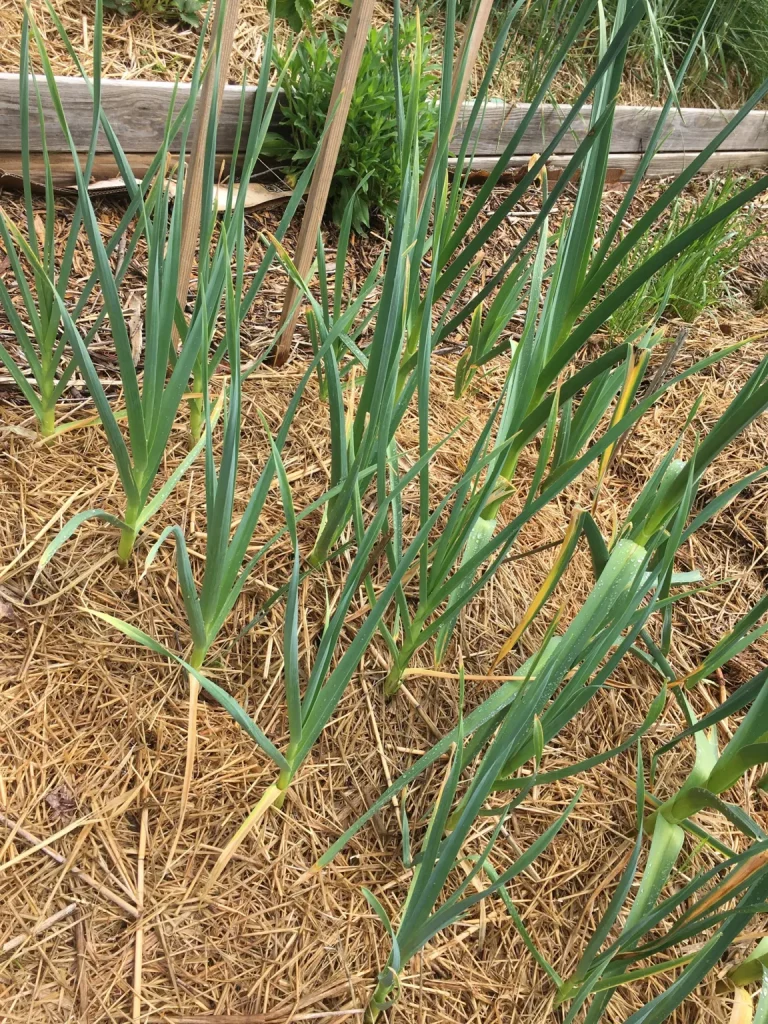Garlic farming in Kenya is gaining momentum as a lucrative agribusiness, driven by high demand for this pungent, health-boosting crop. However, climate change poses significant challenges, including erratic rainfall, rising temperatures, and soil degradation, which threaten the sustainability of garlic farming in Kenya. By adopting climate-smart agriculture (CSA), farmers can enhance resilience, boost productivity, and reduce environmental impact, ensuring garlic farming in Kenya thrives in a changing climate. This blog explores how Climate Smart Agriculture transforms garlic farming in Kenya, offering innovative solutions tailored to smallholder farmers. With a focus on sustainable practices, garlic farming in Kenya can secure food systems and livelihoods. Let’s dive into how garlic farming in Kenya can lead the way in climate-smart innovation for the Onion Doctor community.

CLIMATE SMART AGRICULTURE(CSA)
Climate-smart agriculture is an integrated approach that achieves three key goals:
- Increasing Productivity: Enhancing crop yields to ensure food security and income.
- Enhancing Resilience: Adapting to climate variability and extreme weather events.
- Reducing Emissions: Minimizing greenhouse gas (GHG) emissions from farming practices.
For garlic farming in Kenya, Climate Smart Agriculture involves practices like drought-resistant varieties, efficient water management, and soil conservation techniques, aligning with Kenya’s Climate-Smart Agriculture Strategy.
IMPORTANCE OF CLIMATE SMART AGRICULTURE IN GARLIC FARMING
Kenya’s agriculture, including garlic farming, is predominantly rain-fed, making it vulnerable to climate change. Since the 1960s, Kenya has experienced rising temperatures and frequent extreme weather events like El Niño and La Niña, which disrupt garlic production. Garlic thrives in well-drained soils and a vast range of Temperature. However, unpredictable rainfall and soil fertility decline challenge these ideal conditions.
Climate Smart Agriculture addresses these issues by introducing practices that protect garlic crops from climate risks while maintaining profitability. For example, garlic farming in Kenya benefits from Climate Smart Agriculture’s focus on water-efficient irrigation and soil health, critical for smallholder farmers facing resource constraints.
CLIMATE SMART AGRICULTURE PRACTICES FOR GARLIC FARMING IN KENYA
1.DROUGHT RESISTANT GARLIC VARIETIES:
Selecting climate-adapted garlic varieties is crucial for resilience. In Kenya, soft-neck varieties like African Giant and Rwanda Giant are preferred for their longer shelf life and suitability for warm regions, while hard-neck varieties like Spanish Roja thrive in cooler climates. These varieties require less water and resist pests, reducing losses during droughts. Farmers should source certified seed cloves from Onion Doctor accredited suppliers to ensure quality.

2.WATER EFFICIENT IRRIGATION SYSTEMS:
Garlic farming in Kenya requires careful water management, as excess humidity can lead to bulb rot, while water scarcity stunts growth. Climate Smart Agriculture promotes drip irrigation and rainwater harvesting, as implemented by Onion Doctor across Kenyan counties. These systems deliver precise water amounts, saving up to 20% of water compared to traditional methods.

3.CONSERVATION AGRICULTURE:
Conservation agriculture minimizes soil disturbance, maintains soil cover, and practices crop rotation to enhance soil health. In garlic farming in Kenya, minimum tillage preserves soil structure, reducing erosion. Rotating garlic with legumes like beans improves soil nitrogen levels, boosting garlic yields. Mulching with organic matter retains moisture and suppresses weeds, critical during dry spells.

4. AGROFORESTRY INTERGRATION:
Agroforestry involves planting trees alongside garlic crops to improve soil fertility, reduce erosion, and sequester carbon. In Western Kenya, farmers plant fruit trees like mangoes with garlic, creating microclimates that retain moisture and provide shade. Trees also act as windbreaks, protecting young garlic plants from strong winds.
5. PEST AND DISEASE MANAGEMENT:
Climate change increases pest and disease prevalence, such as rust and white rot in garlic. Climate Smart Agriculture promotes integrated pest management (IPM), using resistant varieties, crop rotation, and targeted fungicides. Farmers have reduced losses by rotating garlic with non-allium crops, breaking disease cycles.
CHALLENGES AND SOLUTIONS IN ADOPTING CLIMATE SMART AGRICULTURE
Despite its benefits, CSA adoption in Kenya faces constraints:
- High Initial Costs: Irrigation systems and certified Garlic cloves require capital. Solution: Expand microfinance.
- Limited Awareness: Many farmers lack Climate Smart Agriculture training. Solution: Leverage platforms to educate farmers.
- Land Tenure Issues: Insecure land ownership limits long-term investments. Solution: Advocate for policy reforms to secure tenure, especially for women farmers.
- Gender Disparities: Women farmers often lack access to resources and decision-making power. Solution: Promote gender-responsive Climate Smart Agriculture training and women-led cooperatives.
CONCLUSION:
Climate-smart agriculture is transforming garlic farming in Kenya into a resilient, productive, and sustainable venture. By adopting drought-resistant varieties, efficient irrigation, conservation agriculture and agroforestry Kenyan farmers can overcome climate challenges while boosting incomes. With policy support and community engagement, garlic farming in Kenya can lead the way in Climate Smart Agriculture , ensuring food security and prosperity for generations. Let’s cultivate a climate-smart future with Onion Doctor!
Contact us for: Onion seedlings, Garlic seedlings, Germinated garlic cloves, Farm planning services, Soil testing, training on onion and garlic growing, Drip irrigation installation and maintenance, Agronomic support, Onion and Garlic value pack and Farm management. For free consultation, placing orders or booking a visit with an agronomist, please contact us via Call or what’s app +254703982228, Email: Info@oniondoctor.co.ke. You can also check out our social media handles for daily updates on TikTok: https://www.tiktok.com/@oniondoctorke?_t=ZM-8wmsTu0qumO&_r=1 Instagram: https://www.instagram.com/oniondoctorke?igsh=MTVoaHF3aWUydTJzaQ==Facebook:https://www.facebook.com/share/16SwgYn2dG/ Youtube:https://youtube.com/@oniondoctorke?si=u5Jnd-r0qU9UDYqL and Twitter: https://x.com/OnionDoctorKe?t=FR3JXlS_oN1vjjUgAtfyzg&s=09